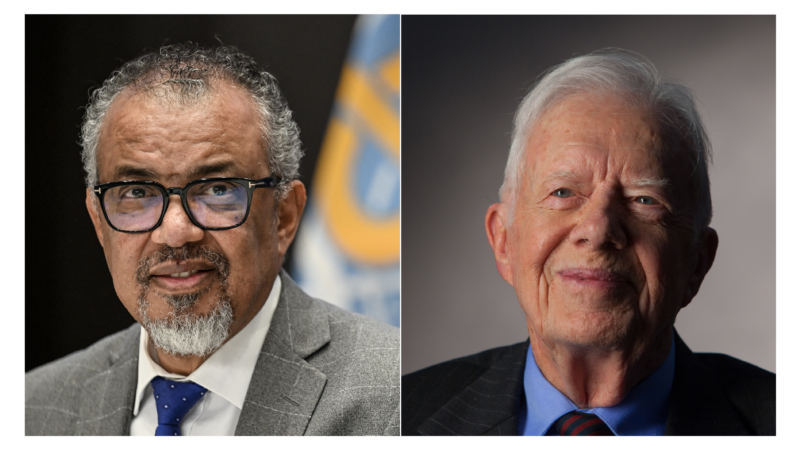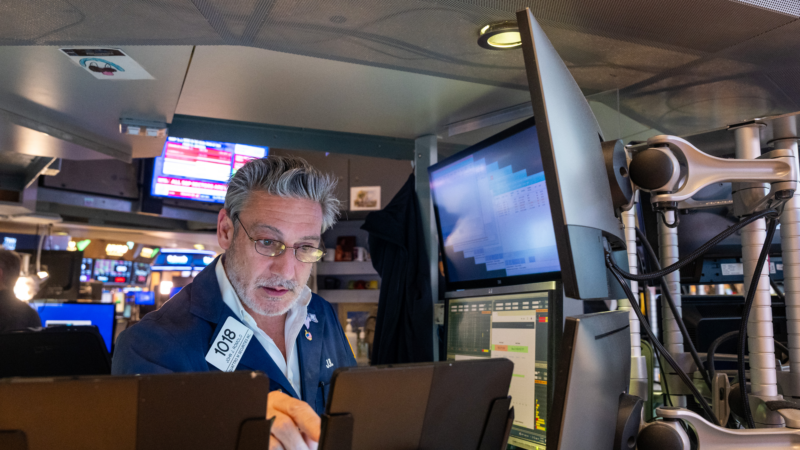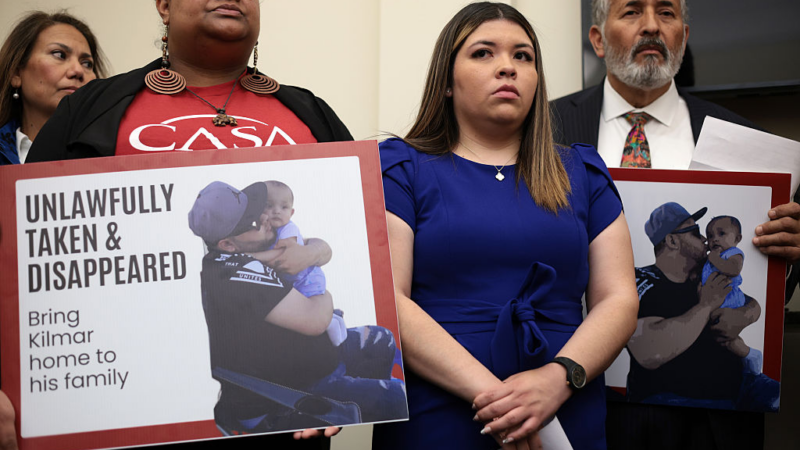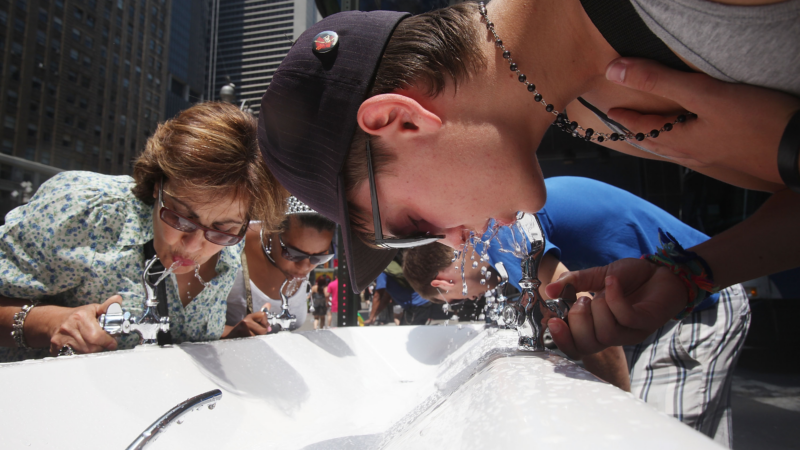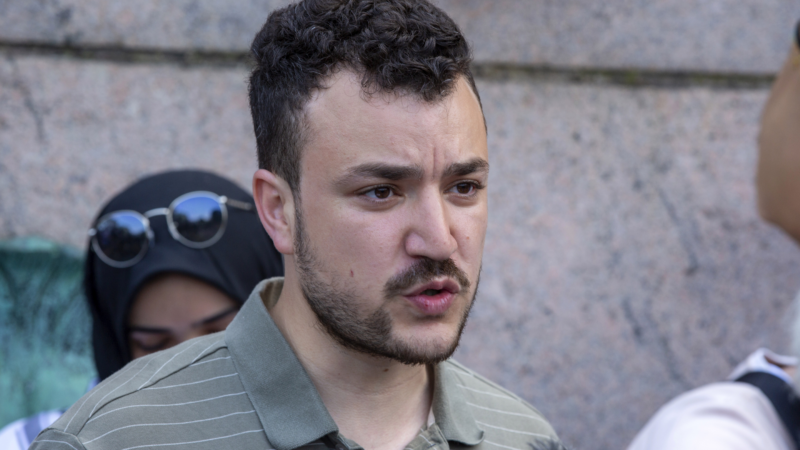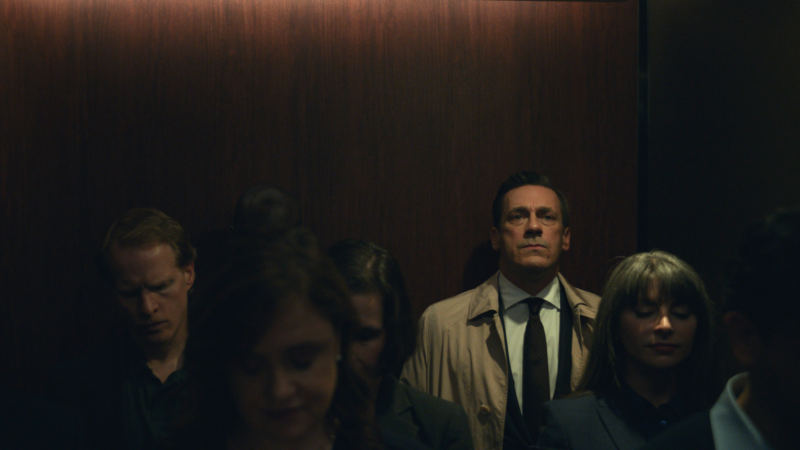World Health Organization head on bond with Jimmy Carter: ‘I consider him my mentor’
The late President Jimmy Carter and Tedros Adhanom Ghebreyesus — the director-general of the World Health Organization — knew each other for 20 years.
And they clearly had deep respect for each other. In 2011, Tedros was the first non-American recipient of the Jimmy and Rosalynn Carter Humanitarian Award. In 2023, Rosalynn Carter received the WHO Award for Global Health for her work on mental health issues. The Carters supported Tedros’ bid to become the first African elected director-general of WHO.
It’s not just that both men worked in global health and ran in the same circles. Behind the high-profile awards is a close and long-lasting friendship.
“Our relationship, I will cherish forever. I consider him as my mentor – I learned a lot from him. His compassion is very, very infectious,” Tedros said on Thursday, after attending Carter’s funeral in the morning. “I believe the world has lost a very special human being.”
As Tedros boarded the train to leave Washington, D.C., he shared his memories and reflections on Carter with NPR. The interview has been edited for length and clarity.
As you sat at the funeral today, was there a memory of Carter that came to mind?
One thing that came to my mind today, attending the funeral, was President Carter’s humility. He was a humble leader and respects anyone, whether they are rich or poor or powerful or not. For him, it didn’t matter.
How did you get to know Carter?
I have known him for more than two decades – first [when I was] minister of health of Ethiopia and second as director-general of the World Health Organization.
One thing I remember – this was our first encounter, actually, in 2005 – we were expanding [Ethiopia’s] malaria control program, and we wanted to cover 10 million households with 20 million bed nets. And we secured 17 million bed nets, and we had a shortage of 3 million bed nets.
We were discussing with [Carter] and his team about the work we do on neglected tropical diseases. And I said, ‘Of course, neglected tropical diseases are very important, but malaria – as we speak – is killing many children.’
The response [from Carter] was: ‘Okay! You’re on the ground. You know the problem. You know the solution. So we are here to support you. We don’t want to push or prescribe something.’
It was just amazing. It shows how humble he was. It shows how he really was very respectful.
And, of course, the 3 million bed nets came — this is worth more than $15 million. And he came in 2007 to Ethiopia to distribute bed nets. That tells you a lot.
NPR has reported on how Carter took on Guinea worm even though there’s no vaccine or cure for this painful parasitic infection. His success can be attributed to a foundational public health approach — motivating behavior change, getting clean water. In global health, billions are spent on drugs and treatments. What can we learn from the guinea worm eradication strategy?
We see how community empowerment is important. It starts from awareness — making sure communities understand the problem, the science, why it’s happening and what are the tools we have at hand to stop it. And then finding local solutions [like training community volunteers to identify the disease and care for the patients] and non-medical solutions [like simple mesh water filters].
When eradication started three decades ago, the number of cases globally was more than 3.8 million. And now it’s 13 or 14 cases — it’s almost over. When you empower communities, when you find local solutions, you can do a lot.
Carter is famous for his guinea worm work. Is there something else he cared about that sticks out in your mind?
The other thing I think he would have focused on was capacity building. It’s the Carter Center that helped us to start the Ethiopian Public Health Training Initiative. He was a very strong believer in community empowerment and training health professionals in the countries. So that would have been his priority, I think.
How did he cope with inevitable setbacks and frustrations?
He’s very calm when challenge comes. Because he is calm, he can see the solutions clearly. That’s what I saw.
For instance, there was Guinea worm progress in many countries. And then there was news from some countries where it was already declared elimination: New cases were discovered. Many people were really unhappy, depressed and angry, frustrated. ‘Oh, why? Why is this? Why is that?’
He said, ‘No, no, calm down. Let’s see what happened, understand the root cause, and then let’s find a solution.’
[Guinea worm eradication] is going very well now. And I hope we will finish – this will be his legacy.
Tell us something about Carter the public doesn’t know?
Here’s one thing I can share with you. He helped me become the director-general of the World Health Organization. When I started the campaign – this was more than seven years ago – he said to me, ‘Tedros, I can support you.’ Then I said, ‘That would be an honor.’ Then he was very specific, he said, ‘I can write letters to heads of state and heads of government I know to support you.’ And then he did. He sent a personal letter, a private letter, to many heads of state and heads of government. That’s actually very, very important for me.
Why some are accusing Trump of manipulating stock markets
Senators Adam Schiff and Ruben Gallego have asked for "an urgent inquiry" into whether President Trump or others engaged in insider trading on advanced knowledge of his tariff policy changes.
Supreme Court says Trump officials should help return wrongly deported Maryland man
The Supreme Court ordered the administration to "facilitate" the return of Kilmar Armando Abrego Garcia, who was mistakenly taken to El Salvador and remains in custody there.
HHS will review guidance on the addition of fluoride to drinking water
HHS Secretary Robert F. Kennedy Jr. has blamed the addition of fluoride — a common, naturally occurring mineral — for a host of health issues. The CDC says the policy has reduced cavities by some 25%.
Trump administration lays out its evidence for deporting activist Mahmoud Khalil
Khalil's attorneys say the government's case against their client largely rests on a single letter from Secretary of State Marco Rubio alleging that Khalil participated in "antisemitic" and "disruptive activities."
The Northeast bet big on offshore wind. Trump wants to halt the industry entirely
Northeast states have bet big on offshore wind to meet spiking power demand and drive economic growth. But the industry's future is much more uncertain under President Trump.
Jon Hamm puts a twist on his Don Draper swagger in ‘Your Friends & Neighbors’
Wealth comes lined with rage and melancholy in a new Apple TV+ series about a hedge-fund hotshot who loses his job and begins to steal from his suburban friends.

